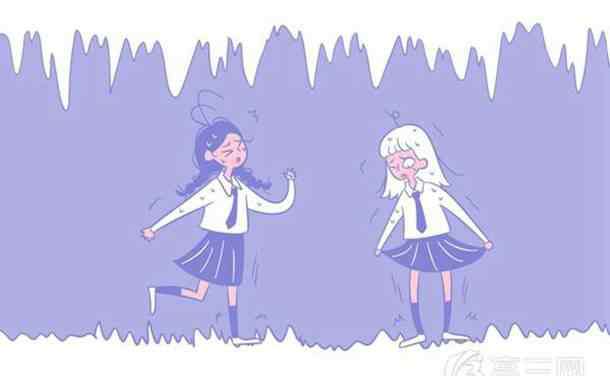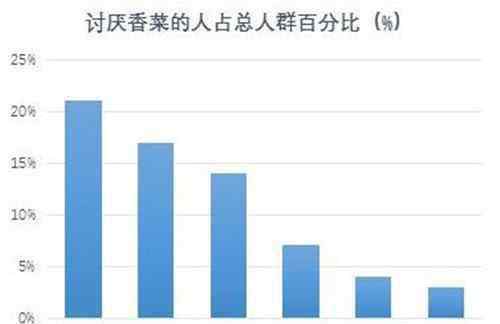cause着重指产生或造成某事发生的原因,往往指造成不好的影响,reason着重指解释或说明某事发生的理由或原因。cause用于表示具有明显因果关系的原因。reason有时能与cause换用,但上下文必须有能够查得出的或可以解释得出的因果关系。

1、cause指导致某事发生的行为、事件等。
reason指某事发生的原因或做某事的正当理由,常后接介词 for 及 why 或 that 引导的从句,作“理由”解时还可后接动词不定式。
例句:
Lack of physical exercise is the leading cause of obesity in young students.
缺乏体育锻炼是青少年学生肥胖的主要原因。
She gave her reason for being late.
她说出了迟到的原因。
2、cause更多地指“原因、起因、根源”,即造成一种事实或现象的比较直接的、根本的客观条件、情况、事件、力量等;
reason更多地从理性的角度出发,强调“推理”,指对于某个情况或看法从逻辑推理上引出结论的“理由”。
例句:
The police were still confused about the cause of this traffic accident.
警方对这起交通事故的起因仍然疑惑不解。
I have no reason to change my mind on this matter.
在这件事上,我没有理由改变我的初衷。
cause的用法cause既可以作名词又可以作动词
1、原因;起因(n.)
例句: What’s the cause of the forest fire last night?
昨晚的森林火灾的起因是什么?
2、理由;动机;缘故(n.)
例句: I think there is no cause for your complaining.
我认为你没有理由抱怨。
3、(支持或为之奋斗的)事业,目标,思想(n.)
例句: He has been fighting for this good cause for his whole life.
他一生都在为这项崇高的事业奋斗。
4、使发生;造成;引起;导致(v.)
例句: The poor harvest last year was caused by bad weather.
去年收成不好是恶劣的天气造成的。
reason的用法1、原因;理由;解释(n.)
例句:He resigned for the simple reason that he was not well paid.
他辞职的原因很简单,他的工资不高。
2、思考力;理解力;理性(n.)
例句:The woman lost her reason after her son’s death.
儿子去世以后,这个女人就精神失常了。
3、道理;情理;明智(n.)
例句:Don’t push him! He is not open to reason at this moment.
不要逼他了。他此刻是听不进去道理的。
4、推理;推论;推断(v.)
例句:Sue reasoned that one of her classmates had stolen her purse on the PE class.
苏断定上体育课的时候某个同班同学偷了她的钱包。
1.《reason的用法 cause和reason的区别及用法》援引自互联网,旨在传递更多网络信息知识,仅代表作者本人观点,与本网站无关,侵删请联系页脚下方联系方式。
2.《reason的用法 cause和reason的区别及用法》仅供读者参考,本网站未对该内容进行证实,对其原创性、真实性、完整性、及时性不作任何保证。
3.文章转载时请保留本站内容来源地址,https://www.lu-xu.com/jiaoyu/536165.html











